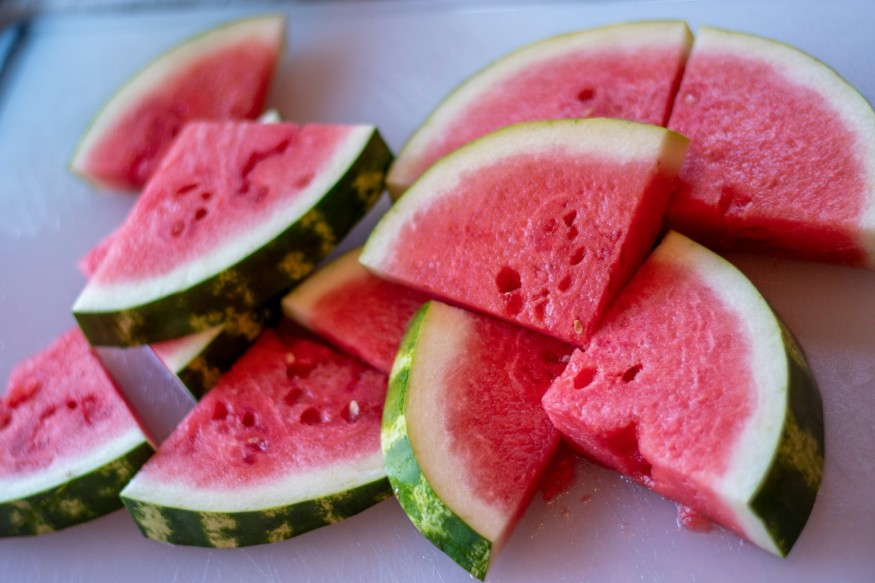
Watermelon is a summer keynote, a very delicious fruit, and exceptionally good for your health. Here are the ways by which watermelon can help bring better health- from snacks to drinks, dishes, and desserts.
Health Benefits of Watermelon
One of the chief constituents of watermelon is water, nearly 90% of its composition; therefore, it is very admirable during summer when everyone needs additional hydration. It contains little or no amount of protein and iron; thus, its nutritional value should not be looked down upon. It is a completely no-fat, low-sodium, and cholesterol-free fruit. Even seeds of watermelon are effective because they are full of magnesium, iron, healthy fats, and zinc.
One cup of diced watermelon has only 46 calories and contains 9g of sugar, 10mg of calcium, and 12 mg of vitamin. It also contains 170 mg of potassium, an essential mineral that supports nerve and muscle function.
Aside from vitamin C, watermelon also contains good amounts of vitamin A. There are also disease-fighting antioxidants in this fruit such as lycopene and cucurbitacin E which can help protect a person from diseases like cancer and diabetes.
Watermelon can be a great option if you are trying to maintain or achieve a healthy weight and resist the temptation of higher-calorie sweet snacks. Because this fruit contains so much water, it can make you feel full for longer.
A 2019 study of 33 overweight people showed that those who ate watermelon instead of low-fat cookies daily for four weeks reported lower hunger and less desire to eat. Eating watermelon is also associated with lower body mass index (BMI), reduced blood pressure, and lower waist-to-hip ratio.
The nutritional benefits of watermelon may also help you fight blood pressure, cholesterol, and inflammation that can lead to some diseases. In one small study, researchers discovered that watermelon extract lowered ankle blood pressure in middle-aged adults with early hypertension and obesity.
Watermelon is also very useful in maintaining eye health. The antioxidants contained in this fruit may help prevent or delay the formation of cataracts and may also reduce the risk of developing age-related macular degeneration.
READ ALSO : Will Watermelon Seed Grow in Your Stomach?
Enjoying the Benefits of Watermelon
A slice of fresh watermelon tastes great, but you can actually do more with it. Watermelon is affordable and easy to prepare.
Diced watermelon can be placed in a blender with a few ice cubes for a cold, refreshing, electrolyte drink, which is perfect for rehydrating after exercise or a day in the sun. This fruit can also be turned into a salad by adding mint, spinach leaves, and fresh mozzarella drizzled with balsamic dressing.
You can also make a watermelon smoothie or combine it with orange juice. Just remember that Juicing breaks down the fiber and makes the sugar easier to absorb. This means that people with diabetes should consider eating fresh, whole watermelon rather than drinking its juice.
It can also be frozen in popsicles by dipping it into melted dark chocolate. Sliced watermelon can also be blended with coconut milk and be poured into popsicle molds as an alternative to icy treats.
Even though watermelon is known for its high moisture content, this fruit can actually be grilled. You can skewer watermelon and avocado chunks coated with lime juice for a colorful snack or appetizer served grilled.
RELATED ARTICLE : Do You Need Help Choosing A Ripe Watermelon? Listen to Nigerian Music
Check out more news and information on Watermelon in Science Times.











